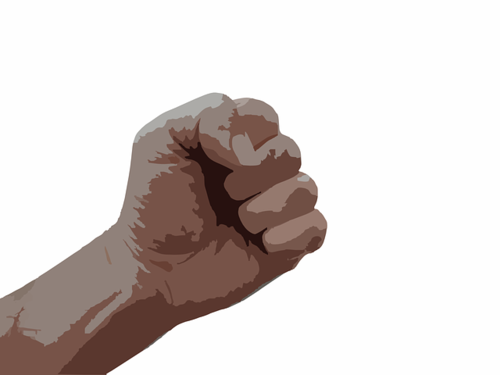
Jump to
Short answer
Cracking your knuckles is not inherently bad for you. There is no evidence to suggest it causes arthritis or long-term joint damage. However, using incorrect technique or excessive force can potentially cause pain, swelling, or even dislocation of fingers. While a common habit for many, it does not have significant health consequences.
Long answer
Key Takeaways
| Key Point | Details |
|---|---|
| Knuckle Cracking Process | Caused by nitrogen bubbles in synovial fluid; bubbles burst when joints are stretched or compressed. |
| Risks and Side Effects | Incorrect technique can cause pain, swelling, or finger dislocation; no substantial long-term side effects like arthritis or weakened grip strength found. |
| Frequency and Habitual Cracking | Habitual crackers tend to do it more than five times a day; no significant correlation between frequency of cracking and joint health issues. |
| Public Perception | Often considered annoying; considered a habit more than a health concern. |
| Orthopedic Implications | No definitive evidence linking knuckle cracking to long-term orthopedic issues; caution advised against excessive or incorrect technique. |
Exploring the Myth: Is Cracking Your Knuckles Bad for You?
Knuckle cracking is a common habit practiced by people around the world. Despite its widespread occurrence, there's a lingering question that often puzzles many: Is cracking your knuckles bad for you? This article delves into the science behind knuckle cracking, addressing common myths and providing insights from medical experts.
Understanding the Knuckle Cracking Phenomenon
What Actually Happens When You Crack Your Knuckles?
Knuckle cracking occurs when you apply pressure to your knuckles, causing nitrogen bubbles in the synovial fluid surrounding your joints to burst. This action is responsible for the familiar popping sound. While some believe this sound results from gas bubbles forming or being released, it's essentially a release of gas, either way.
Why Do People Crack Their Knuckles?
People crack their knuckles for various reasons. Some find the sound pleasing, others do it to release tension, and for some, it's a nervous habit or a means to relieve stress. It's a behavior that more than half of the population indulges in regularly.
The Risks and Misconceptions
Debunking the Arthritis Myth
One of the most common myths associated with knuckle cracking is that it leads to arthritis. However, research has consistently shown that there's no direct correlation between knuckle cracking and the development of arthritis. A study in 2017 found no significant difference in grip strength or joint health between individuals who crack their knuckles and those who do not.
Potential Risks and Side Effects
While knuckle cracking is generally harmless, incorrect technique or excessive force can lead to pain, swelling, ligament injury, or even dislocation of fingers. It's essential to be mindful of the method and intensity when cracking knuckles.
How Much Is Too Much?
A study in 2011 examined the concept of "crack years" to determine if the frequency of knuckle cracking over time impacts the risk of developing osteoarthritis. The study concluded that the amount and duration of knuckle cracking do not significantly increase the risk of joint swelling or osteoarthritis.
Final Thoughts
Knuckle cracking, in essence, is neither beneficial nor harmful. It's a habit that many indulge in for various reasons, from alleviating stiffness to mere habit. It's important to crack your knuckles correctly and avoid excessive force to prevent potential injuries. If you experience pain or swelling after cracking your knuckles, it's advisable to consult a doctor.
Possible short-term side effects
- pain or discomfort if done with excessive force
- possible swelling or injury to fingers
- potential ligament injury or finger dislocation with incorrect technique

Benefits
- provides a sense of relief or release for some individuals
- can temporarily alleviate joint stiffness
- often a satisfying sensory or habitual experience without any proven health benefits
 Approved by
Approved by 














